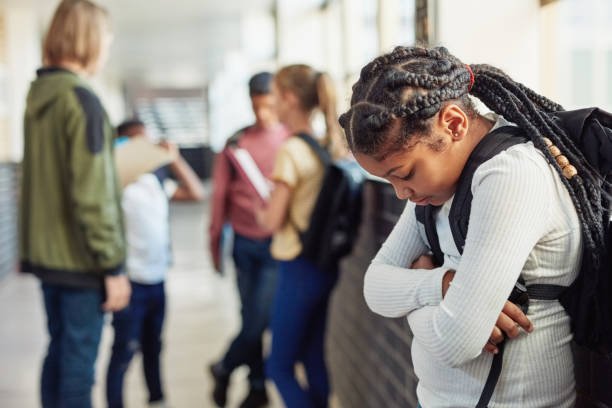Who decides on the suspension of a learner in South Africa?
Let’s discuss who has the authority to decide on the suspension of a learner in South Africa, and explore this in a way that high school learners can understand.
In South Africa, the suspension of a learner from school is a serious matter. It involves a temporary removal from school activities due to behavioural issues or violations of the school’s code of conduct. But who makes this decision, and how is it made? Let’s explore this.
Who Decides on the Suspension of a Learner in South Africa
Direct answer: The decision to suspend a learner in South Africa is typically made by the school’s governing body in consultation with the school’s principal.
School Governing Body (SGB)
- Role: The School Governing Body plays a crucial role in making decisions about the suspension of a learner. It consists of parents, educators, and sometimes learners in higher grades.
- Process: If a learner is suspected of serious misconduct, a preliminary investigation is usually conducted to gather facts.
- Temporary Suspension: The SGB may decide on a temporary suspension while the investigation is ongoing. This can’t last more than five school days without the Head of Department’s approval.
- Hearing: A formal hearing may be conducted by the SGB where evidence is presented, and the learner is given an opportunity to defend themselves.
- Coordination with the Department of Education: In some cases, the decision might require coordination with the provincial Department of Education.
Principal’s Role
- Initial Action: The school principal may have the power to temporarily suspend a learner for serious misconduct, pending a decision by the SGB. This should be in line with the school’s code of conduct.
- Communication: The principal is often responsible for communicating with the learner’s parents or guardians about the suspension and the process that will follow.
Parent’s Role
- Participation: Parents usually have the right to be involved in the process, including attending the hearing.
- Appeal: If they disagree with the suspension, parents may appeal to the Head of the Department of Education in their province.
Legal Framework
- South African Schools Act: This act guides the process of suspension, making sure that it is carried out fairly and within the boundaries of the law.
- Constitution: The suspension must also align with the Constitution of South Africa, ensuring that the learner’s rights are not violated.
Conclusion
The decision to suspend a learner in South Africa is complex and involves several key players including the School Governing Body, principal, parents, and the provincial Department of Education. It must be handled with care, following proper procedures outlined in the South African Schools Act and the school’s code of conduct, to ensure that the rights and dignity of the learner are respected. By adhering to these processes, schools strive to create a safe and disciplined environment that supports the education and well-being of all learners.

